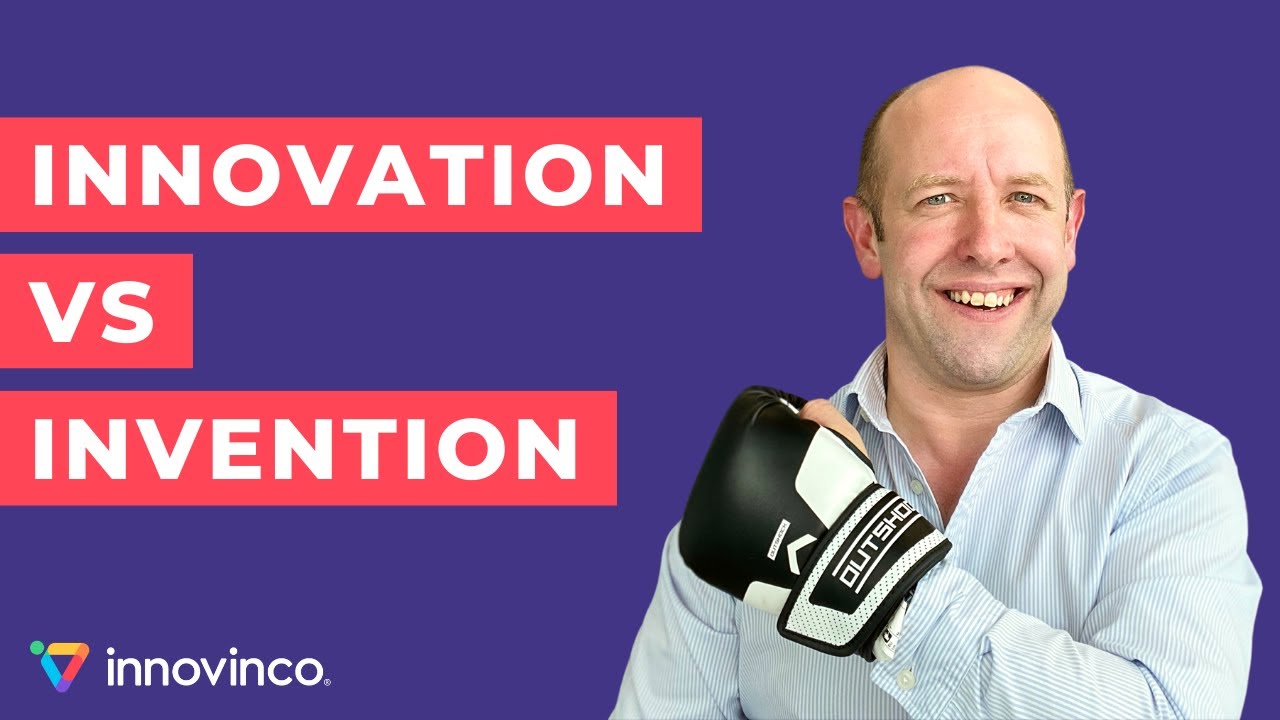Coins VS Tokens: What's the Difference? | 3-min crypto
Summary
TLDRCoins and tokens are often used interchangeably, but they have fundamental differences. Coins have their own blockchains (e.g., Bitcoin, Ether), while tokens are built on existing blockchains like Ethereum (e.g., UNI from Uniswap). Creating coins is more complex, and they often serve specific functions like store of value or cross-border transactions (e.g., XRP). Tokens, on the other hand, thrive in decentralized apps, representing things like voting rights, staked assets, or rewards. Their flexibility extends to asset tokenization, where even physical assets like real estate can be represented on the blockchain, offering endless possibilities.
Takeaways
- 😀 Coins have their own blockchains, whereas tokens are built on pre-existing blockchains.
- 😀 While all coins can be considered tokens, not all tokens are coins.
- 😀 Coins are typically native assets of blockchains like Ether on Ethereum, ADA on Cardano, and XRP by Ripple.
- 😀 Tokens are digital assets built on existing blockchains, such as UNI on Ethereum for Uniswap.
- 😀 Creating a coin is more difficult than creating a token, as coins require building a new blockchain.
- 😀 There are hundreds or thousands of tokens built on top of a single blockchain, like Ethereum.
- 😀 Coins like Bitcoin are often used as a store of value and an alternative to traditional banking.
- 😀 Some coins are designed for specific use cases, such as XRP solving cross-border payment problems.
- 😀 Tokens are commonly used in decentralized apps (dApps) to represent value, stakes, or voting rights.
- 😀 Tokens like SUSHI on Sushiswap are used for staking, governance, and rewarding users in liquidity pools.
- 😀 Tokenization allows both digital and physical assets (e.g., real estate) to be represented on the blockchain.
Q & A
What is the primary difference between coins and tokens?
-Coins have their own blockchains, while tokens are built on pre-existing blockchains. For example, Ether is a coin on the Ethereum blockchain, while UNI is a token built on the Ethereum blockchain.
Can a coin be considered a token?
-Yes, all coins can be considered tokens, but not all tokens are considered coins. The key distinction is that coins have their own blockchain, whereas tokens depend on an existing blockchain.
Why is it easier to create a token than a coin?
-Creating a token is easier because it is built on an existing blockchain like Ethereum, which already has the infrastructure in place. Coins, however, require the creation and maintenance of a whole new blockchain.
What are some common use cases for coins?
-Coins like Bitcoin are used as a store of value or an alternative to traditional banking, while other coins focus on digital transactions or solving specific problems like cross-border payments, such as Ripple's XRP.
How do tokens function within decentralized apps (dapps)?
-Tokens in dapps often represent economic value, voting rights, or stakes in the platform. They facilitate interactions and governance within the ecosystem, encouraging user participation.
What is the role of tokens like SUSHI in decentralized finance (DeFi)?
-SUSHI, the native token of Sushiswap, is used for staking, governance, and rewarding users who contribute assets to liquidity pools. It plays a key role in the ecosystem's functionality and incentives.
What is tokenization, and how does it work?
-Tokenization refers to the process of representing real-world or digital assets on the blockchain. This can include things like real estate, which can be digitized and traded as tokens, making assets more accessible and tradable.
Can tokens represent physical assets, like real estate?
-Yes, tokenization is not limited to digital assets. Physical assets such as real estate can also be tokenized, allowing them to be represented and traded on the blockchain.
Are tokens more flexible than coins in terms of use cases?
-Yes, tokens are generally more flexible than coins. They can be used in a variety of ways within their ecosystems, such as governance, staking, and incentivizing participation, whereas coins tend to focus on specific functions like value storage or transactions.
How do tokens encourage participation in their native ecosystems?
-Tokens incentivize users by offering rewards, governance power, and staking opportunities, encouraging them to engage with the platform and contribute to its growth and development.
Outlines

هذا القسم متوفر فقط للمشتركين. يرجى الترقية للوصول إلى هذه الميزة.
قم بالترقية الآنMindmap

هذا القسم متوفر فقط للمشتركين. يرجى الترقية للوصول إلى هذه الميزة.
قم بالترقية الآنKeywords

هذا القسم متوفر فقط للمشتركين. يرجى الترقية للوصول إلى هذه الميزة.
قم بالترقية الآنHighlights

هذا القسم متوفر فقط للمشتركين. يرجى الترقية للوصول إلى هذه الميزة.
قم بالترقية الآنTranscripts

هذا القسم متوفر فقط للمشتركين. يرجى الترقية للوصول إلى هذه الميزة.
قم بالترقية الآنتصفح المزيد من مقاطع الفيديو ذات الصلة

BSS Part 02

The difference between Urban Planning and Urban Design explained in 100 seconds

What's the Difference Between Latino and Hispanic?

What's the difference between innovation & invention? | Tom Pullen | innovinco

Profesi dan Pekerjaan Apakah Sama?

Nations vs Countries (Philosophical Distinction)
5.0 / 5 (0 votes)
